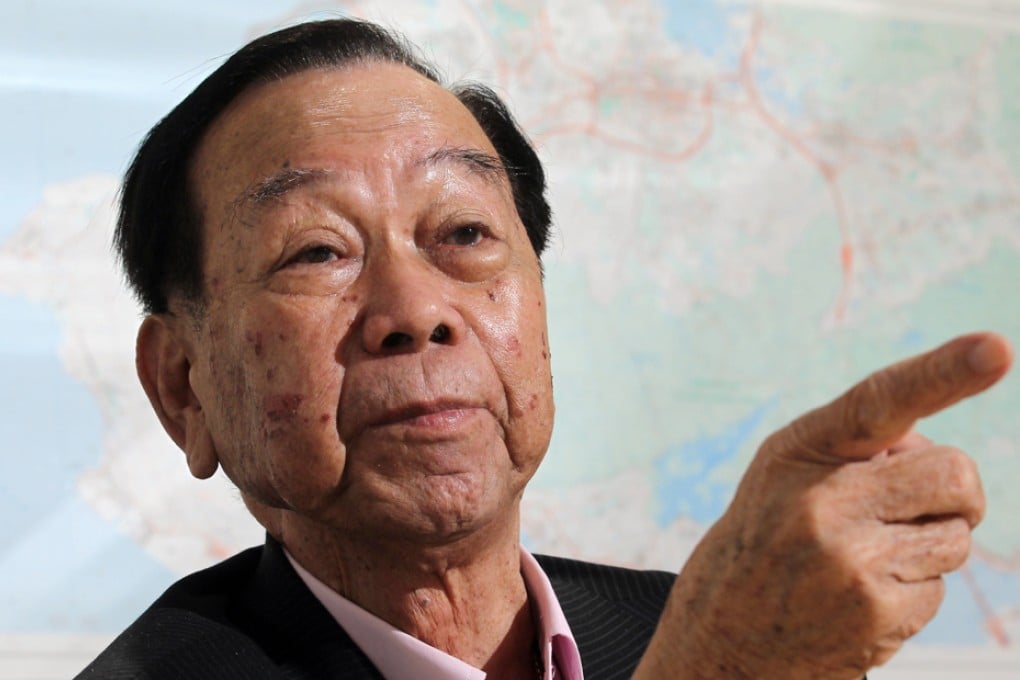Opinion | Who can lead on land policy?
Philip Bowring wonders whether anyone in government has a real grasp of the housing mess, or the strength of character to stand up to the likes of rural strongman Lau Wong-fat

Who is the most influential person in Hong Kong? It is no longer Li Ka-shing. It is certainly not Leung Chun-ying. Nor is it yet the head of the liaison office. Perhaps it is legislative councillor and former Executive Council member Lau Wong-fat, head of the Heung Yee Kuk since 1980.
The story of how the now 76-year-old Tuen Mun villager came to such power - and land-owning wealth - could really only be told in a novel. But what is abundantly clear is that Lau, while representing a small minority of the actual residents of the New Territories, has manipulated government policies to the benefit of his small number of constituents on the single most important issue facing the government: land use.
So do not take lightly Lau's endorsement of considering using country parks for new development. At the same time, he has also changed tack and now suggests that the village house policy for sons of so-called indigenous villagers could be amended to allow high-rise flats rather than three-storey houses.
The kuk and its component rural committees has long seemed to have a veto not just over government policies in the New Territories but over laws against brazen misuse of allegedly agricultural land. Illegal structures, which in the urban area would quickly bring action by the Buildings Department, are ignored on a grand scale.
Lau's recent comments on the country parks and small house system seem designed to divert attention from the reality of Hong Kong's land misuse. As has been pointed out, 33 per cent of Hong Kong is neither urban nor country park, nor even golf courses, but a messy mixture of scrub and land supposedly agricultural but in practice often used for old car dumps, container storage and the like.
Lau's aim in now accepting, after years of rejecting, high-rise "village houses" appears aimed to fend off any attempt to abolish a system which is a major cause of shortage of development land. Even Lau now recognises that there is not enough land in all of Hong Kong to meet the open-ended commitment to the sons of so-called indigenous male villagers. Invented in 1972 as a short-term bribe to villages not to stand in the way of new town development, a myth of "ancestral rights" has been built around it, to the vast profit of a few and the expense of the rest of Hong Kong.
Not that one can blame Lau for other aspects of the land policy mess. Apparent shortages of development land also reflect the years under Donald Tsang Yam-kuen of keeping supply tight and viewing high prices as beneficial, which, of course, they are to the multiple-property-owning senior bureaucrats. Housing construction has been inadequate in recent years thanks to a policy of maximising premiums on land conversions. But that is no reason now to be panicked into moves promoted by this or that vested interest.
